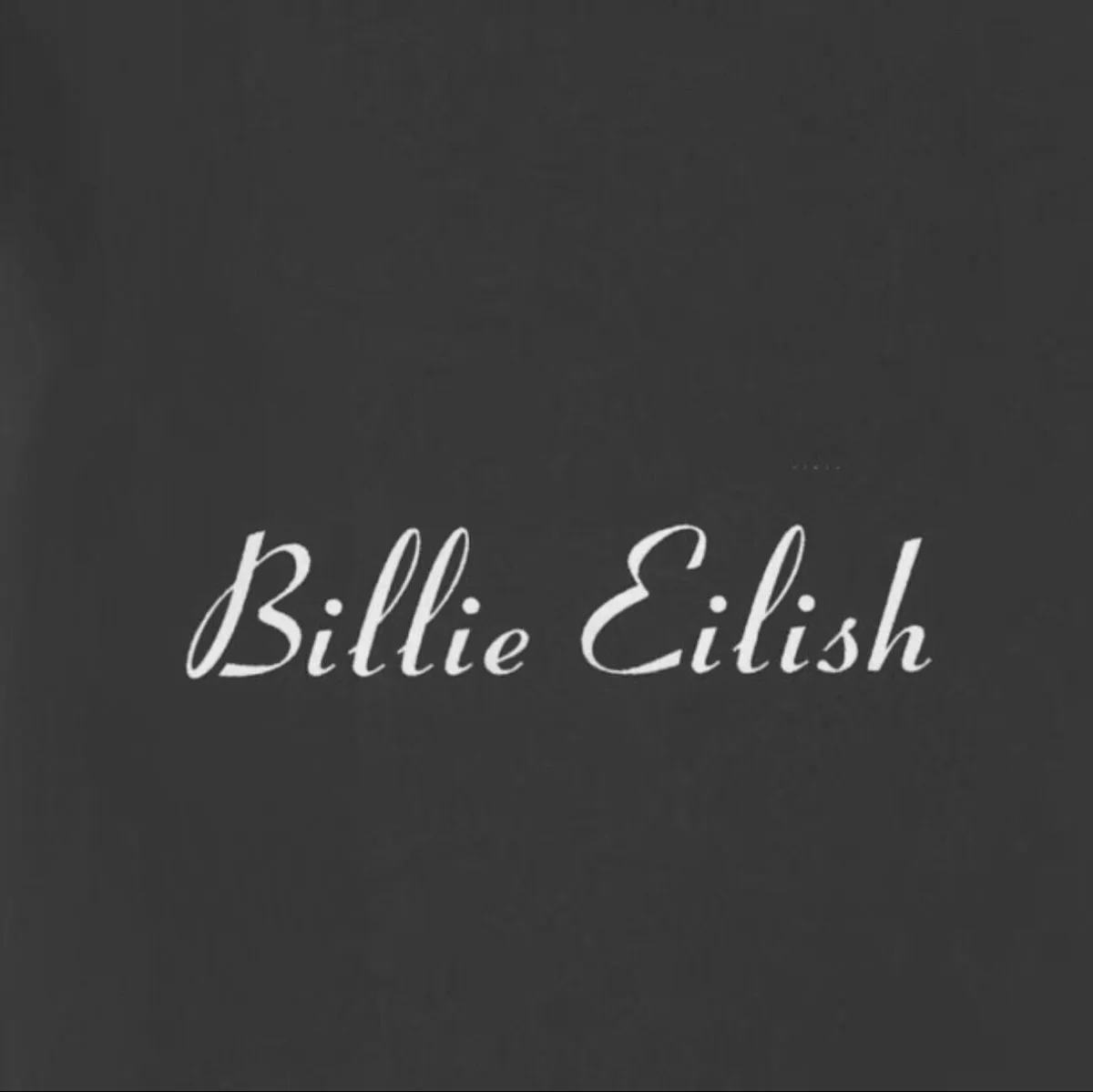Billie Eilish Sparks Controversy with Bold Comments on Body Shaming
In a recent interview that has set social media ablaze, Billie Eilish has once again found herself at the center of a heated debate about body shaming, gender, and societal expectations. The Grammy-winning artist’s controversial statements have prompted widespread discussion about the complex landscape of body image and personal experiences.
Eilish, known for her unapologetic approach to self-expression, recently shared her perspective on body shaming in an interview with Variety magazine. Her comments suggested that men do not experience body shaming to the same extent as women, a statement that has drawn significant criticism and sparked a nuanced conversation about gender and body image.
The singer’s remarks are not entirely new, as she has been vocal about her personal struggles with body image throughout her career. During the opening night of her “Where Do We Go?” tour in Miami, Eilish delivered a powerful message addressing the issue of body shaming through a compelling video performance.
In her characteristic bold style, Eilish challenged societal norms and expectations, questioning why individuals are so quick to judge others based on their physical appearance. “Why do we continue to perpetuate a culture of body shaming?” she seemed to ask through her art and public statements.
The public reaction has been dramatically mixed. Social media platforms have been flooded with:
- Support for Eilish’s stance on body image
- Criticism of her seemingly narrow perspective
- Personal stories from individuals who have experienced body shaming
Critics have been particularly vocal about one aspect of her comments. Many argue that men absolutely do experience body shaming, pointing out societal pressures related to:
- Muscular physique
- Height
- Body shape
- Fitness standards
Eilish’s personal journey with body image has been well-documented. Her choice to wear baggy clothing was initially a strategic decision to prevent sexualization and control how others perceive her body. This approach itself became a statement about body autonomy and personal choice.
The controversy highlights a broader cultural conversation about gender, body image, and societal expectations. While Eilish’s comments may have oversimplified the experience of body shaming, they have undeniably brought important dialogue to the forefront.
Mental health experts have weighed in, suggesting that body shaming is a complex issue that transcends gender. The psychological impact of negative body comments can be profound, regardless of an individual’s gender identity.
Social media platforms have become a double-edged sword in this conversation. On one hand, they provide a space for important discussions; on the other, they can perpetuate harmful beauty standards and negative self-image.
Eilish’s long-standing battle with body image issues stems from early experiences with societal pressures. Her willingness to speak openly about these challenges has resonated with many fans who struggle with similar experiences.
The singer’s empowerment message remains clear: individuals should not be judged or defined by their physical appearance. This sentiment, while seemingly simple, carries profound implications for how society views and values people.
As the debate continues, one thing becomes evident: Billie Eilish has once again demonstrated her ability to spark meaningful conversations about complex social issues. Whether one agrees with her specific statements or not, her impact on bringing these discussions to the mainstream is undeniable.
The controversy serves as a reminder that body image is a nuanced, deeply personal experience that cannot be easily categorized or dismissed. It calls for empathy, understanding, and continued dialogue.
Disclaimer: The views expressed in this article represent a journalistic interpretation of recent events and discussions surrounding Billie Eilish’s comments on body shaming.






Leave a Comment